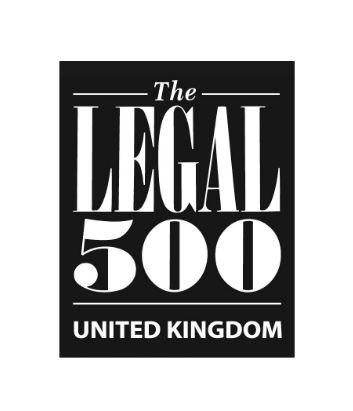Karamjit Singh recently appeared before the National Anti-Doping Panel in the case of UK Anti-Doping v Chinu Sandhu [2017].
Karamjit Singh recently appeared before the National Anti-Doping Panel in the case of UK Anti-Doping v Chinu Sandhu [2017].
In summary, Mr Sandhu was found to have committed an Anti-Doping Rule Violation (ADVR) pursuant to ADR 10.2.1(a) (Anti-Doping Rules). A period of ineligibility of four years was imposed and deemed to have commenced from the date of his Provisional Suspension on 14 October 2016.
Mr Sandhu was a member of the British Wrestling Association. He had won numerous competitions including, eight British and five English championships. He had also represented England at the 2014 Commonwealth Games, winning a bronze medal. In addition, he represented Team GB in Baku at the 2015 European Games.
On 20 September 2016, Mr Sandhu was subject to an Out-of-Competition anti-doping test. The test result showed the presence of stanozolol-N-glucuronide which is a non-specified substance under s1.1a of the WADA 2016 Prohibited list for Exogenous Anabolic Androgenic Steroids. Mr Sandhu was charged with an ADVR pursuant to ADR 2.1.
The National Anti-Doping Panel chaired by William Norris QC heard Mr Sandhu’s case. Mr Sandhu admitted the findings of the doping test. He identified the use of supplements as the only possible source of the Prohibited Substance. However, it had not been possible to have the possible sources tested as Mr Sandhu was a man of limited means and could not afford the potential cost of £1,000.
In this case, the Panel could not find the ADVR was unintentional. The inability to have the possible sources of contamination tested deprived Mr Sandhu of proving he did not intentionally take it.
The Panel went onto highlight the responsibilities of athletes to check what they consume. It would have, for example, been possible to check the barcodes of the supplements purchased against the Informed Sport website. Further, it would have been possible to have purchased batch tested products.
The Panel gave detailed advice which is of importance to all athletes:
“It follows that if athletes wish to ensure that they compete clean and do not fall foul of the ADR they should:
Know exactly what they are using
Buy their supplements from a reputable supplier
Carry out sensible checks as with their particular sport’s governing body and/ or UKAD.
Check that any supplement has been batch tested and use the Informed Sport website (or Global Dro in the case of medication). They should bear in mind, however, as the lecture notes (page 297/7) make clear, that the fact a product has been entered into the Informed Sport programme does not “offer a 100% guarantee that supplements are free from banned substances”
Retain a quantity of any supplement they take so that it can be tested in the event of a positive analytical finding.”
Comment: Even if Mr Sandhu had checked the barcodes using the various websites, it is still possible the supplement used were contaminated. This case raises a wider issue of athletes who participate in sports that are not well funded and/ or are not from wealthy backgrounds finding the cost of testing so high that it prevents them from mounting a defence to the alleged ADVR. In the present matter UKAD confirmed they would not have been able to test all the possible sources of contaminated supplements due to the cost.
For a full link to the judgment follow:
http://ukad.org.uk/anti-doping-rule-violations/current-violations/




